SOUR SOP LEAVE TEA
ALCOHOL BASE
Providing nutritional help to strengthen a healthyimmune system

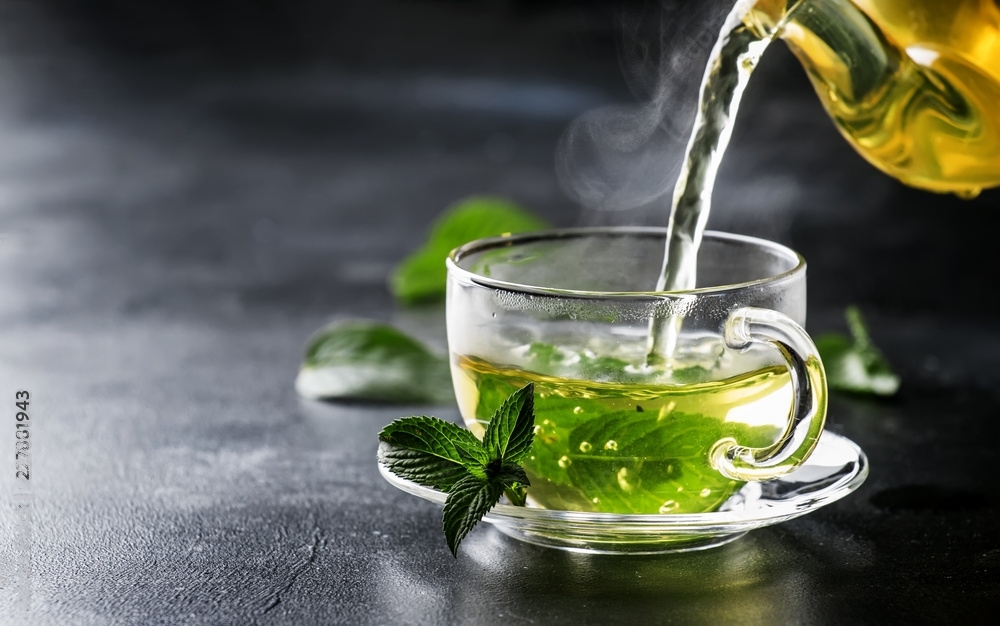
ANXIETY BLEND TEA
NON – ALCOHOLIC
Providing nutritional help for insomnia, stress, and depression
Experience tranquility in a cup with our Anxiety Blend Tea, specially formulated to help you manage stress and anxiety naturally. This soothing herbal infusion combines a harmonious blend of carefully selected herbs known for their calming properties, creating the perfect tea to ease your mind and promote relaxation.
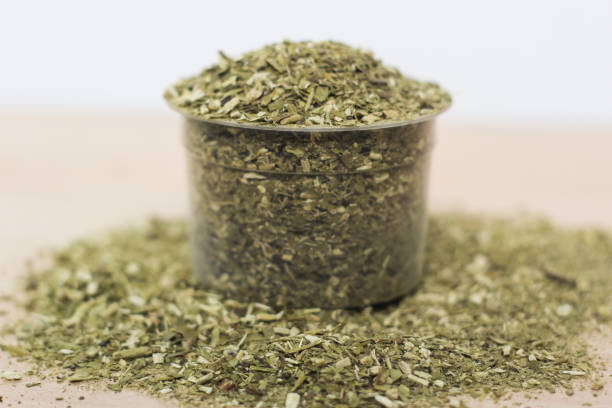
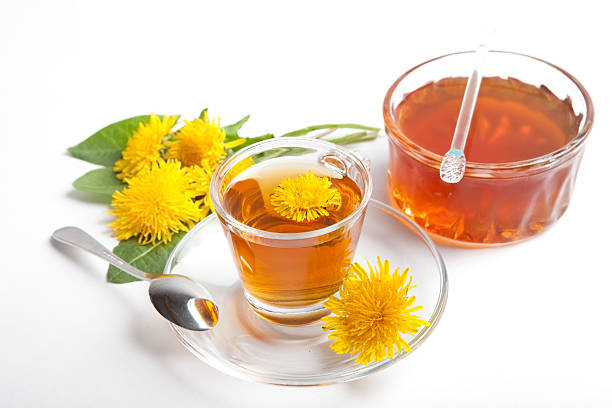

MUSHROOM COFFEE PROTOCOL
Providing nutritional Dietary Supplements help to maintain Focus and Energy

MISS EVIE TEAS
ANXIETY BLEND TEA
NON – ALCOHOLIC
Providing nutritional help for insomnia, stress, and depression

Direction:
As a herbal supplement, take 1-2 mL as needed with hot or cold water. Can also be added to your favorite smoothie.
Dirección:
Como suplemento a base de hierbas, tome 1-2 ml según sea necesario con agua fría o caliente. También se puede agregar a tu batido favorito.
Ingredients:
Vervain, Chamomile, Catnip, Passion Flower, Valerian Root. Vegetable Glycerin, Purified Water
Ingredientes:
Vervain, Chamomile, Catnip, Passion Flower, Valerian Root Glicerina vegetal, agua purificada.
Anxiety Blend
contains extracts from the plant Vervain, Chamomile, Catnip, Passion Flower and Valerian Root to provide nutritional help for insomnia, stress, and depression
No
Gluten, Wheat, Yeast, Milk, Lactose, Soy, Artificial Flavors, Artificial color, Artificial Sweetener, Preservator.


Why Liquid
-
Fast and Full Absorption.
The Body Uses 98%of Liquids Extract and Only 39%-53% and Of Capsules Or Tablets. - The Body does not need To Break Down A Liquid Extract, Allowing More Of The Medicinal Property To Be Absorbed into The System. Thus Makes an Extracts Much More Powerful Then A Capsules Or Tablets
- The Taste And Aroma Of An Herb increase its Therapeutic Effects
- Liquids Extracts Takes 1-4 minutes To Assimilates. 80%-90% Nutrients in 20-30 Seconds. Capsules OR Pills Can Take From 20-30 Minutes Just To Break Down Before The Body Can Even Start to To Assimilate Them
Direction:
As a herbal supplement, take 1-2 mL as needed with hot or cold water. Can also be added
Dirección:
Como suplemento a base de hierbas, tome 1-2 ml según sea necesario con agua fría o caliente. También se puede agregar a tu batido favorito
Ingredients:
Leaves from the soursop plant (Annona muricata). Alcohol, Purified Water
Ingredientes:
Hojas de la planta de guanábana. (Annona muricata) Alcohol, agua purificada
MISS EVIE TEAS
SOUR SOP LEAVE TEA
ALCOHOL BASE
Providing nutritional help to strengthen a healthy immune system
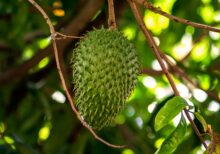
Soursop
also called Graviola is high in vitamin C, an antioxidant known to boost immune health. The vitamin strengthens your immune system, improving its ability to defend against pathogens. It also promotes the destruction of free radicals, which can help
No
Gluten, Wheat, Yeast, Milk, Lactose, Soy, Artificial Flavors, Artificial color, Artificial Sweetener, Preservator.
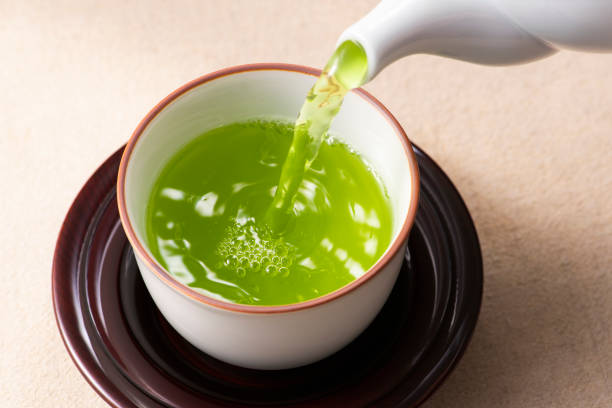

Why Liquid
-
Fast and Full Absorption.
The Body Uses 98%of Liquids Extract and Only 39%-53% and Of Capsules Or Tablets. - The Body does not need To Break Down A Liquid Extract, Allowing More Of The Medicinal Property To Be Absorbed into The System. Thus Makes an Extracts Much More Powerful Then A Capsules Or Tablets
- The Taste And Aroma Of An Herb increase its Therapeutic Effects
- Liquids Extracts Takes 1-4 minutes To Assimilates. 80%-90% Nutrients in 20-30 Seconds. Capsules OR Pills Can Take From 20-30 Minutes Just To Break Down Before The Body Can Even Start to To Assimilate Them
Client Success Stories



Deal Of The Day 15% Off On Our Products!
I am text block. Click edit button to change this tex em ips.










